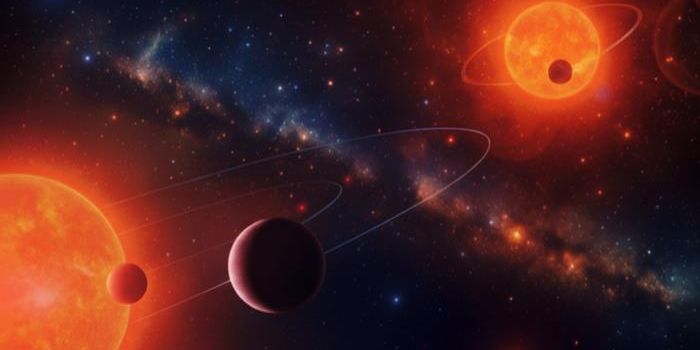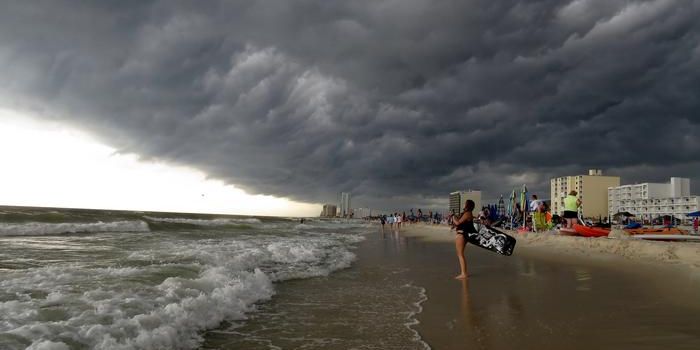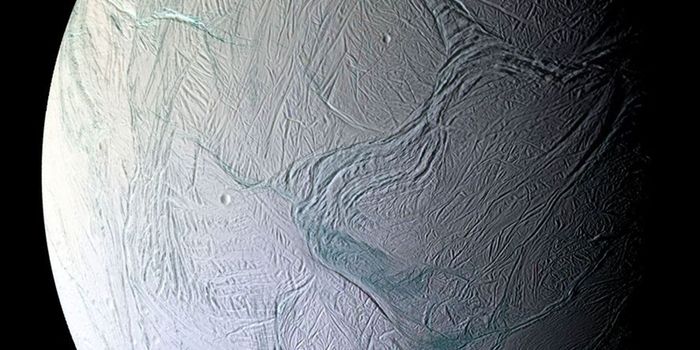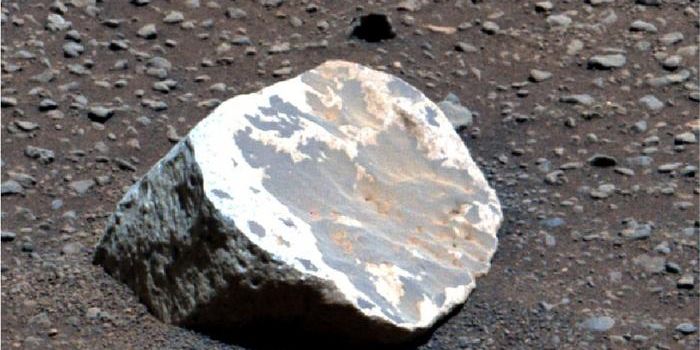Seafood contamination feared after spill in East China Sea
In early January one of the largest oil spills in decades occurred in the East China Sea after an oil tanker and another cargo ship collided. Labroots reports, “An Iranian oil tanker that crashed into a Hong Kong-registered vessel on January 7 has been ablaze since and has now sunk, leaving many concerned over the oil spill it left in its wake. The tanker was carrying 136,000 tons of oil – around 1 million barrels valued at $60 million – from Iran to South Korea when the collision occurred, making it the biggest tanker spill since 1991.”
Before the spill, the East China Sea had a thriving marine ecosystem and boasted a profitable fisheries industry, rich in crab, squid, yellow croaker, mackerel, to name a few. Experts worried that marine life would be affected following the spill and in the ensuing clean up. And indeed, now, just under two months later, a concern about contamination in seafood has arisen.
A report from the BBC stated that satellite images showed that fishing activities by Chinese vessels were ongoing throughout the days after the spill. The tanker was carrying a substance called natural gas condensate, which is highly toxic and, according to the BBC, invisible. Though the spill was originally thought to have contaminated a 10-square kilometer area and the agriculture ministry declared a 30 nautical-mile radius of “prohibited zone”, it is difficult to pinpoint the contamination due to the substance’s properties. The scientists who looked at the satellite imagery suspect that over 400 vessels were not respecting those regulations.
Brad Soule, chief analyst with the non-profit OceanMind that tracks fishing activities, said: "Based on our analysis, we estimate fishing activities to have likely continued in the area since the incident occurred, including within 60 nautical miles of the sinking site.”
According to experts, closing fisheries should be one of the first steps taken after such a spill. Yet marine scientist Richard Steiner stated that the Chinese government delayed in doing so. Following the New York Times, fish samples taken on February 1 contained traces of petroleum hydrocarbons. It has not yet been determined whether potentially contaminated seafood from the area has yet to reach fish markets around the world.
Marine biologist Dr. Corina Ciocan from the University of Brighton spoke frankly about the impacts that oil spills have on marine ecosystems: "In any spill event, fuel oil will produce damage on the shore, whilst light oil like kerosene and petrol will have much more impact on marine species because of the persistence in the water column. Mollusks and other filter feeding and sessile organisms are particularly affected by oil spills, as well as caged fish or coral fish - those are able to absorb high quantities of petroleum hydrocarbons present within their limited territory."
Sources: The BBC, Lonely Nature, The Guardian









